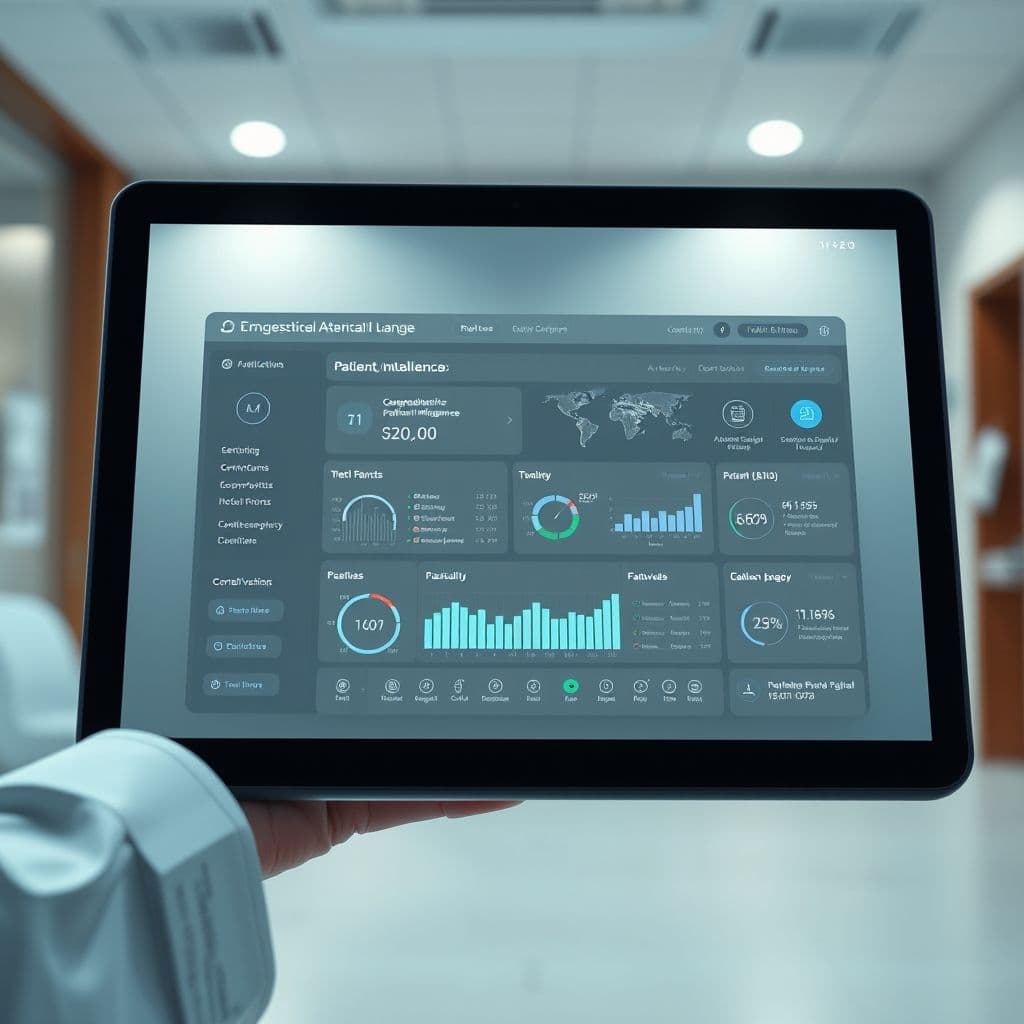AI in Healthcare: Bridging the Gap Between Doctors and Technology

The integration of AI into healthcare is a hot topic, with strong opinions on both sides. While some advocate for its use to enhance patient care, others express concerns about accuracy and reliability. This article delves into the challenges doctors face when incorporating AI into their practice and explores a potential SaaS solution to bridge this gap.
The Problem: AI in Medical Practice
The debate around AI in healthcare is polarized. On one hand, patients and professionals alike recognize the potential of AI to assist in diagnosing rare conditions and providing up-to-date medical information. On the other hand, there's significant skepticism about the accuracy of tools like ChatGPT, which can hallucinate or provide unverified information. This creates a dilemma for doctors who want to leverage technology without compromising patient trust or care quality.

Idea of SaaS: A Verified AI Platform for Doctors
Imagine a SaaS platform designed exclusively for healthcare professionals, integrating verified AI-driven resources. This platform would provide doctors with access to up-to-date medical information, patient history, and diagnostic tools, all while ensuring rigorous fact-checking and accountability. Unlike general AI tools, this platform would be tailored to medical professionals, offering reliable and vetted data to support decision-making.
Key features could include real-time updates from medical journals, integration with electronic health records (EHRs), and a collaborative space for doctors to discuss complex cases. The platform would also include safeguards to flag potentially inaccurate information, ensuring that doctors can trust the resources they’re using.

Potential Use Cases
This SaaS solution could be invaluable in various scenarios. For instance, a cardiologist dealing with a rare case of atrial fibrillation in a young patient could quickly access specialized research and treatment protocols. General practitioners could use the platform to stay updated on the latest guidelines for common conditions, ensuring they provide the best possible care without spending hours on manual research.
Conclusion
The integration of AI into healthcare is inevitable, but it must be done responsibly. A verified, specialized SaaS platform for doctors could address many of the current concerns, providing reliable tools that enhance patient care without compromising accuracy or trust. As technology evolves, such solutions could become indispensable in modern medical practice.
Frequently Asked Questions
- How reliable would a verified AI platform be compared to general AI tools like ChatGPT?
- A verified AI platform would undergo rigorous testing and validation by medical professionals, ensuring the information is accurate and up-to-date. Unlike general AI tools, it would be specifically designed for healthcare use, reducing the risk of hallucinations or inaccuracies.
- What are the potential barriers to adopting such a SaaS platform in healthcare?
- Adoption barriers could include resistance to change among healthcare professionals, concerns about data privacy, and the need for seamless integration with existing EHR systems. However, with proper training and demonstrated benefits, these challenges can be overcome.


